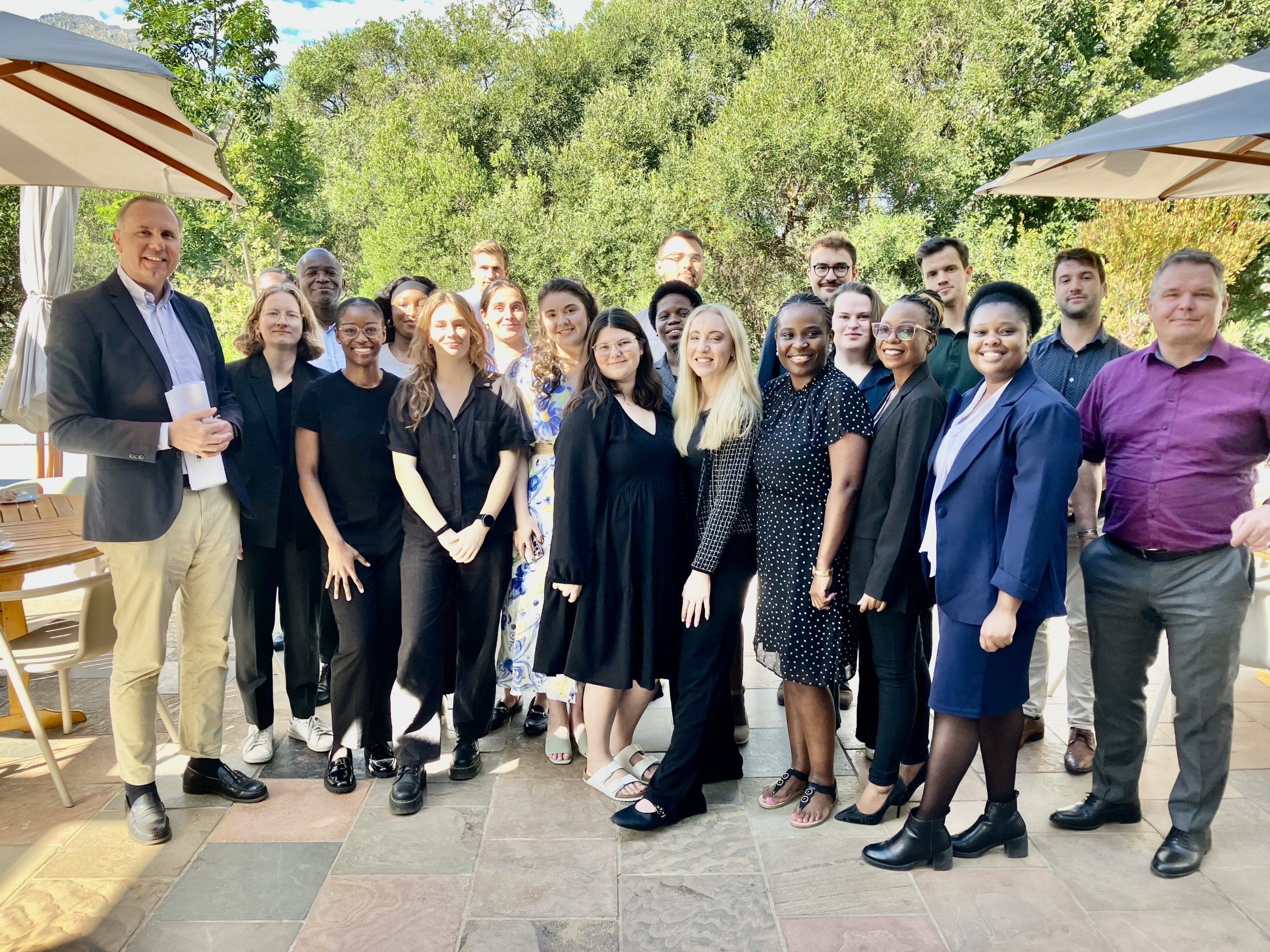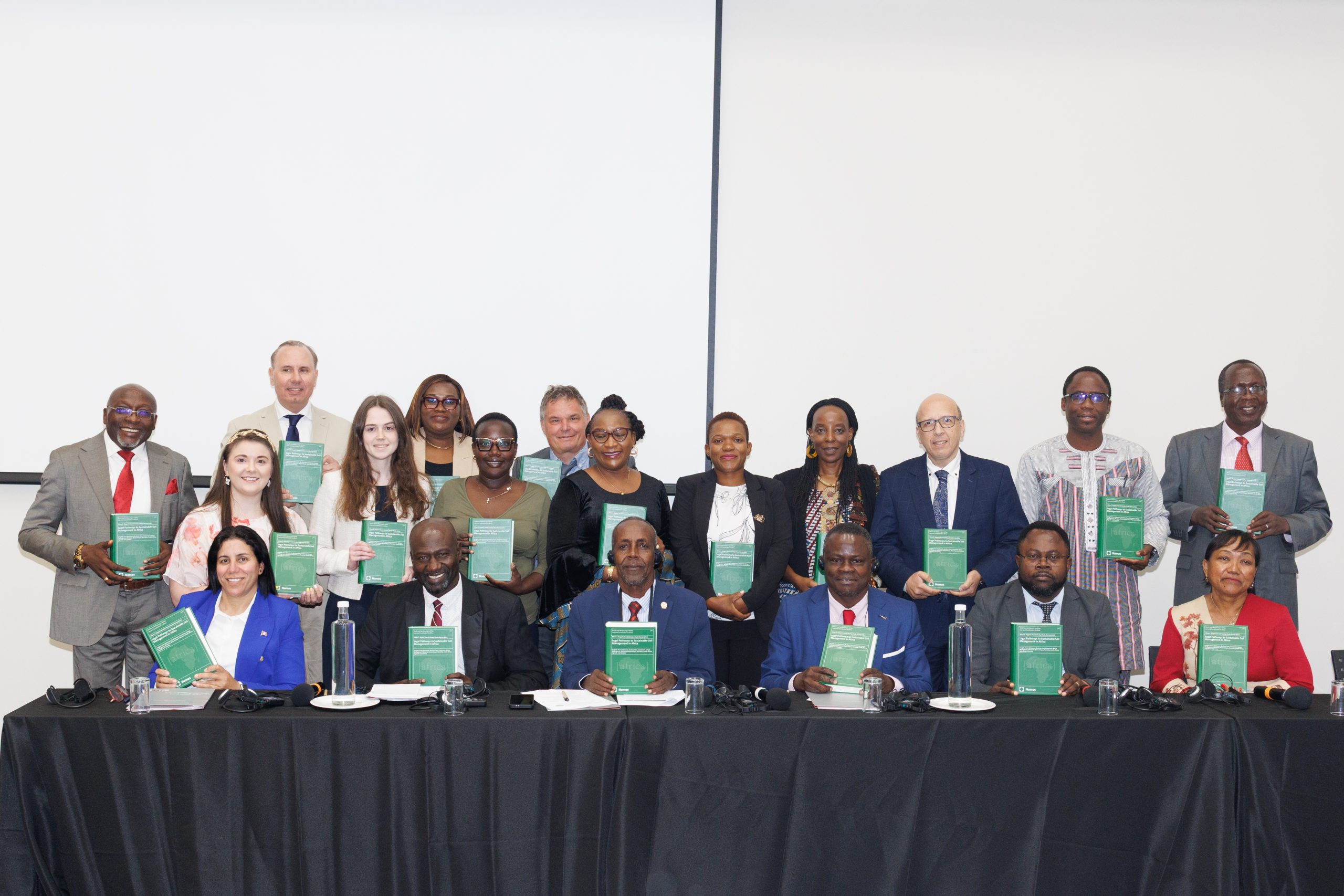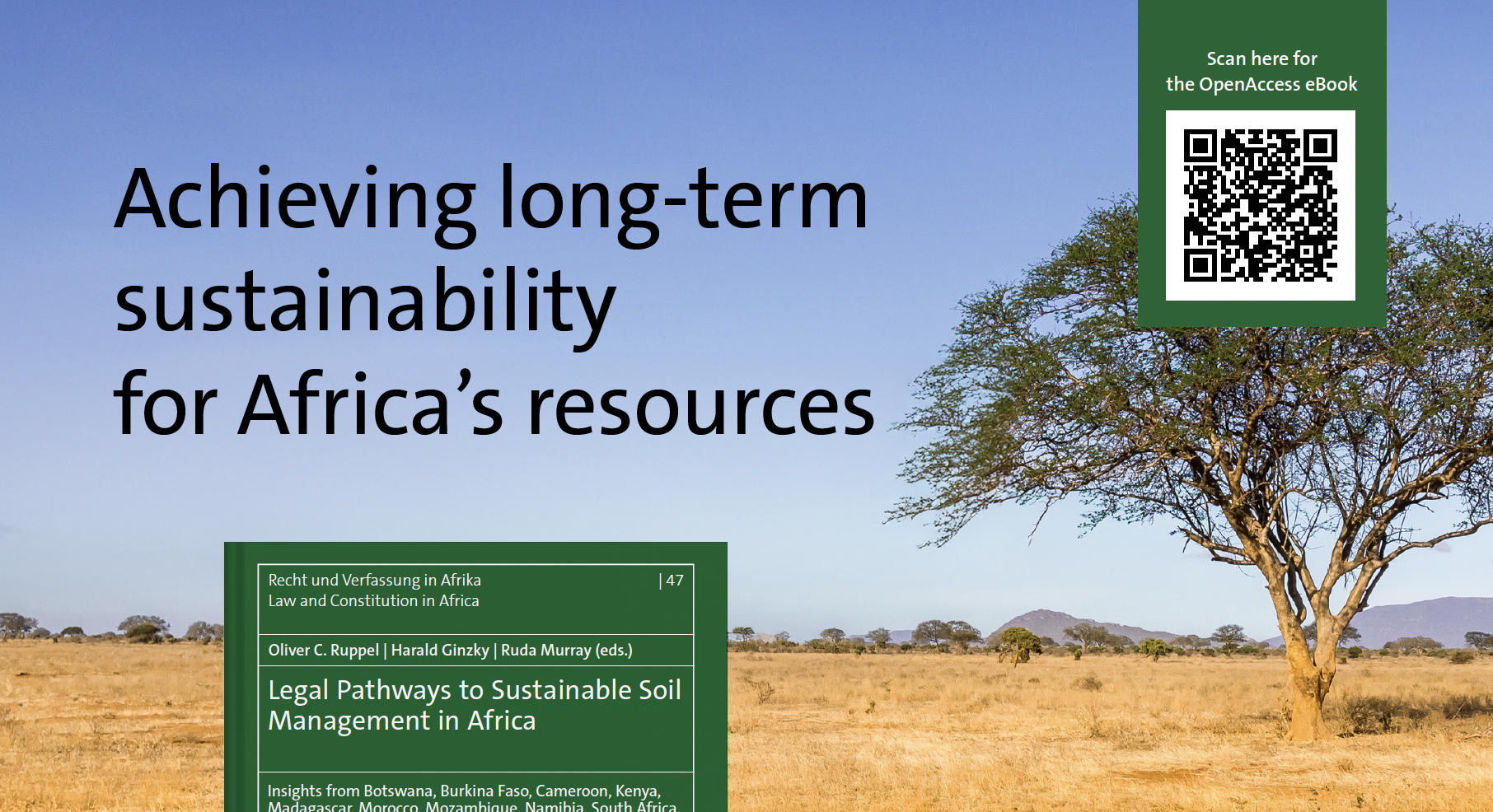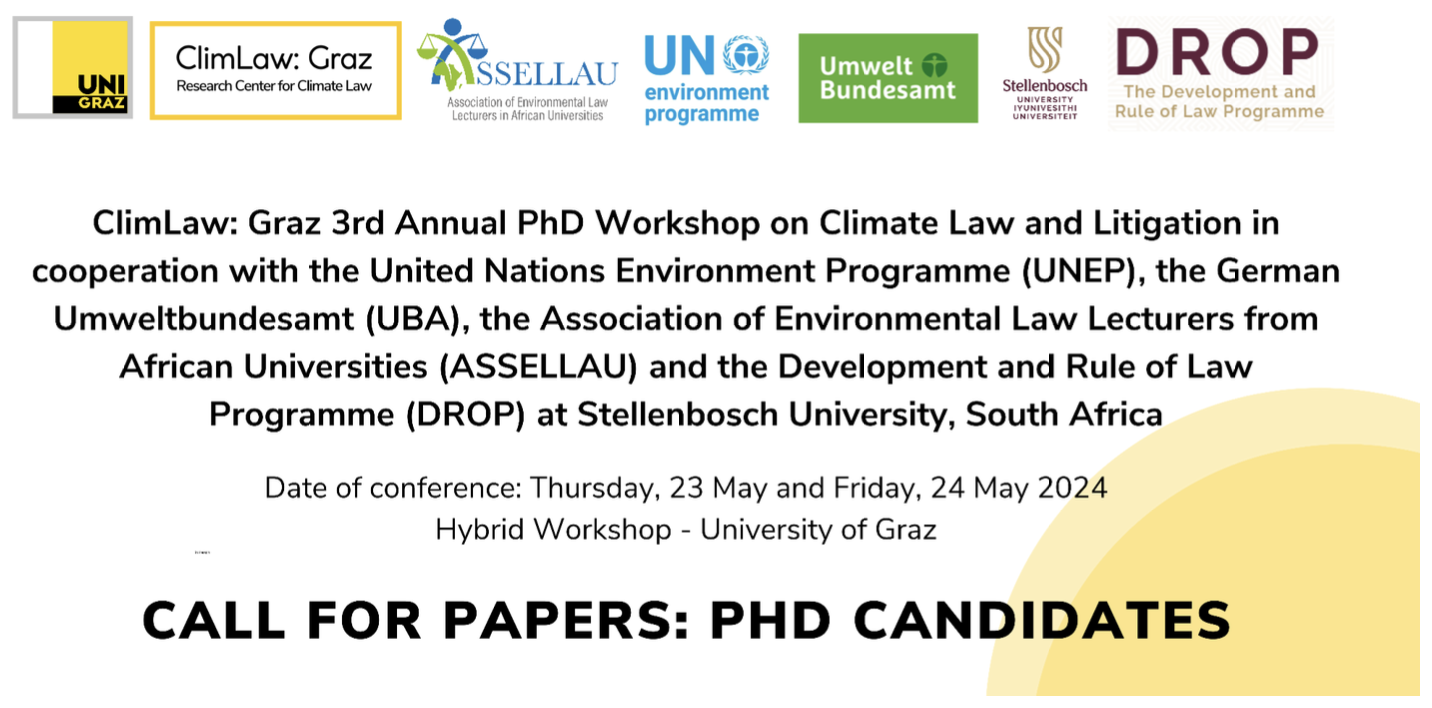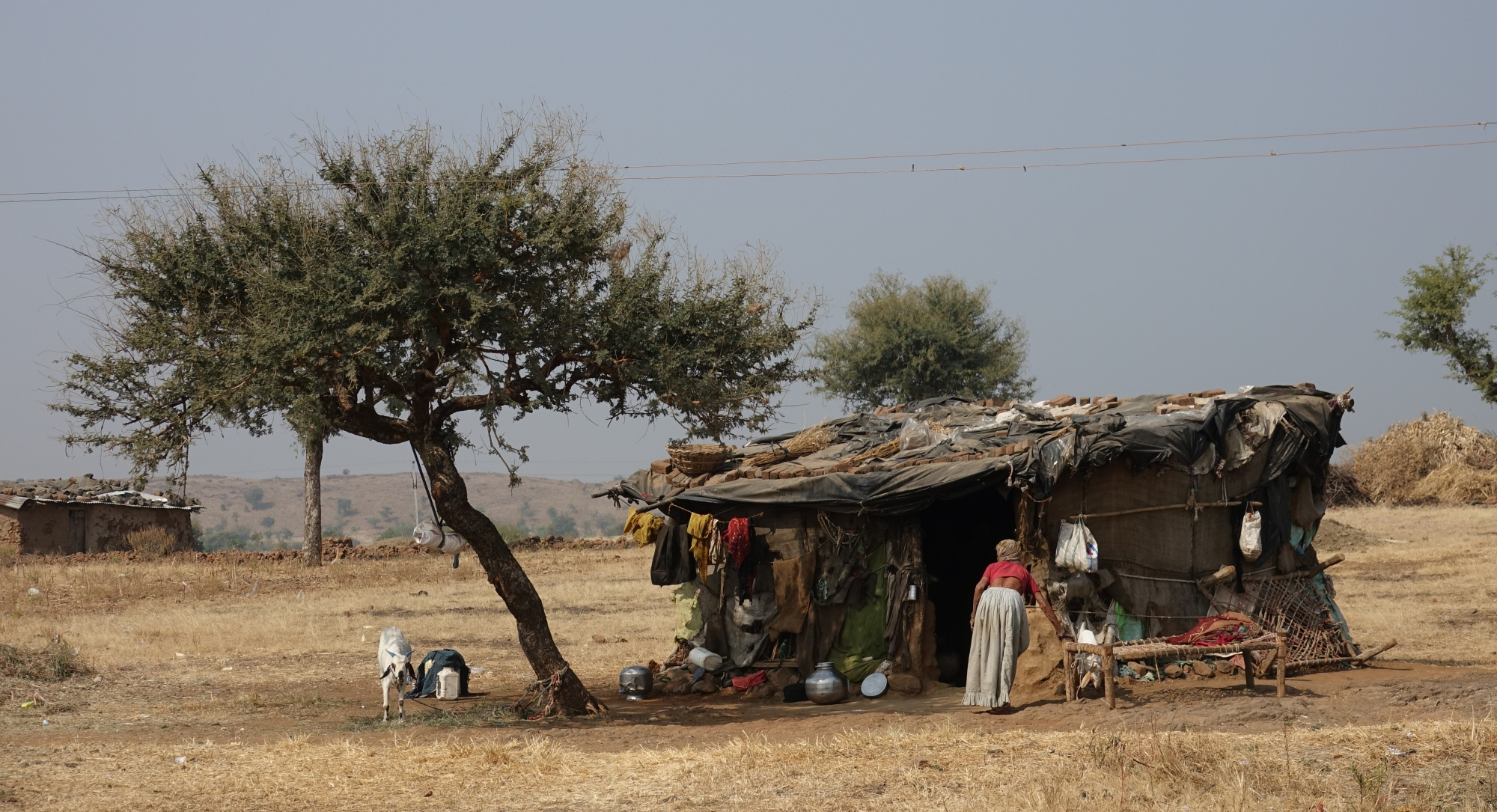 DROP is aimed at researching “sustainable development law and policy” focusing on reconciling the tensions between environmental sustainability, economic development, and human welfare with a holistic view of current legal, political, economic, social and cultural developments. It integrates public international law (i.e. international economic, social, and environmental law), regional and national law and policy with the goal of enhancing the rule of law around the world and reducing poverty in developing nations.
DROP is aimed at researching “sustainable development law and policy” focusing on reconciling the tensions between environmental sustainability, economic development, and human welfare with a holistic view of current legal, political, economic, social and cultural developments. It integrates public international law (i.e. international economic, social, and environmental law), regional and national law and policy with the goal of enhancing the rule of law around the world and reducing poverty in developing nations.
DROP promotes well-functioning national, regional and global law movements and justice institutions and projects. International organizations and national governments bound by the rule of law are essential in guaranteeing economic growth, political stability, environmental sustainability, social and just development and the eradication of poverty in the world. Any diplomatic outcomes related to sustainable development and the environment (i.e. climate change, water conflict, food security, energy safety, natural disasters etc.) will remain unimplemented without adherence to the rule of law, without open, just and dependable legal orders.
DROP intends to synthesize global knowledge relevant to the legal empowerment agenda, promote the legal empowerment agenda at national, regional and global level, assist emerging economies (i.e. BRICS) development, serves as a global networking platform and cross-fertilizes global and local experiences. It conducts research, develops and provides policy recommendations and tools that will guide policymakers in the implementation of reforms.
DROP intends to function as focal point, mainstreaming knowledge relevant to sustainable development law and research outputs from different perspectives and sciences for the benefit of prospective experts.
DROP is academically affiliated to Stellenbosch Universities’ School for Climate Studies, receiving institutional support from the Office of the Vice-Rector (Research and Innovation) and administrative support by the Water Institute of the University.

